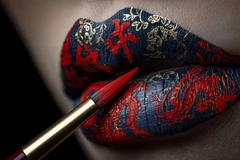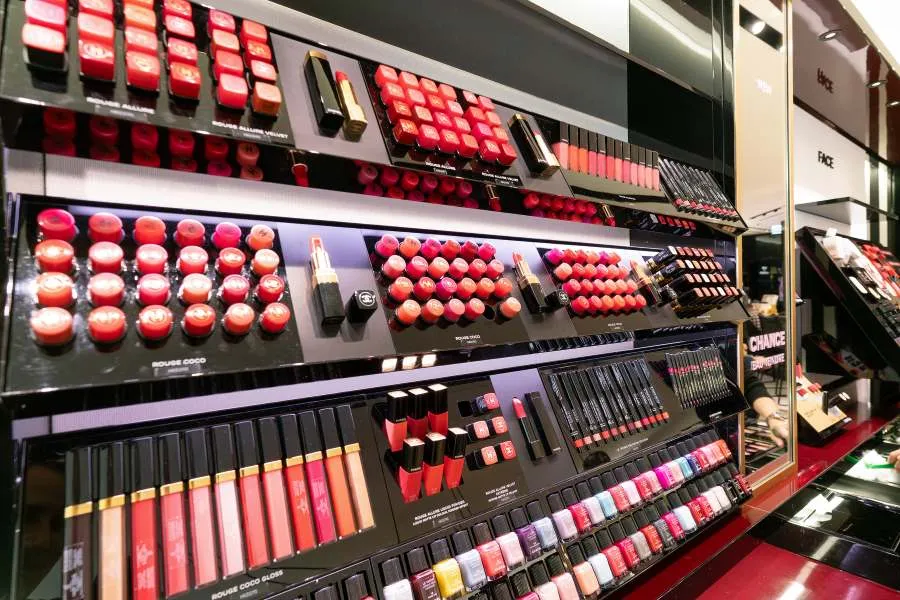Nouryon opens innovation hub in China for personal care co-creation
Key takeaways
- Nouryon has opened an innovation center in Shanghai to enhance co-development and sustainable growth in China and the Asia Pacific.
- The new customer experience center enables hands-on collaboration in personal care, allowing clients to co-create cosmetic formulations.
- This expansion strengthens Nouryon’s commitment to local innovation and customer collaboration.

Nouryon has opened an innovation center in Shanghai, China, as a part of its commitment to strengthening co-development and sustainable growth across the Asia Pacific region. The company hopes to support local innovation and advance cosmetic formulations for skin, sun, color, and hair care.
The center becomes Nouryon’s 14th global innovation network. The center will contribute to supporting prototyping, performance testing, and the development of beauty solutions specifically tailored to Chinese consumers.
The Shanghai center is twice the size of the company’s previous innovation center. It is touted to enhance technical capacities with investments in testing and analytical equipment.
The center encompasses various sectors and features a dedicated customer experience center for the personal care sector.

The customer care center offers hands-on collaborations for customers through live demonstrations, formulation development, and workshops. The company will then showcase product performance in real-world applications and speed up the co-creation of market-ready solutions.
“The launch of our innovation center in Shanghai marks another important milestone in Nouryon’s future in China,” says Charlie Shaver, chairman and CEO of Nouryon.
“It deepens our commitment to innovation and customer intimacy, while enhancing our ability to co-develop high-performance, market-tailored solutions. This center will play a critical role in supporting our customers’ growth across key industries and accelerating our strategic ambitions in China and the broader Asia-Pacific region.”
Growing landscape
China is a large market for the personal care industry. In a trend report, Innova Market Insights highlighted the significance of blending tradition with innovation to cater to the country’s diverse consumer needs.
The market researcher flagged that consumers in the region prioritize products with scientific claims over those driven by market hype. Chinese consumers also look for dermatologist-recommended skin care and choose local brands over international ones for facial skin care.
Meanwhile, consumers are seeking natural ingredients, and many local brands use ingredients commonly used in traditional Chinese medicine, such as fermented black tea and ginseng.
Innova Market Insights recently conducted research into fragrance market trends in the region, highlighting that brands are incorporating self-care benefits, promoting mental well-being, and ensuring product safety. These trends also reveal opportunities for innovation that manufacturers can capitalize on to remain relevant in East Asian markets.
 Beauty companies are increasing their presence in China.Brands tapping in
Beauty companies are increasing their presence in China.Brands tapping in
Beauty companies are increasing their presence in China. Givaudan previously announced the opening of a fragrance and beauty facility in Guangzhou, with an investment of CHF 40 million (US$50.2 million). The facility will support the company’s growth in the fast-growing fragrance market and serve local and regional customers.
Maurizio Volpi, president of Fragrance and Beauty at Givaudan, said: “China continues to play a pivotal role in shaping the future of fragrance and beauty. Our new facility in Guangzhou will enhance our creative capabilities, increase our production capacity, and reinforce our competitive edge in the market to support our business performance.”
Meanwhile, Eurofins revealed multiple expansion strategies for China in its 2024 annual report. In Shanghai, the company enhanced its cosmetic testing capabilities, strengthened its laboratory infrastructure, and expanded its consumer research operations amid China’s tightening regulatory landscape for cosmetics.
Chanel and Fenty Beauty both increased availability in China last year by opening more permanent and pop-up stores.












